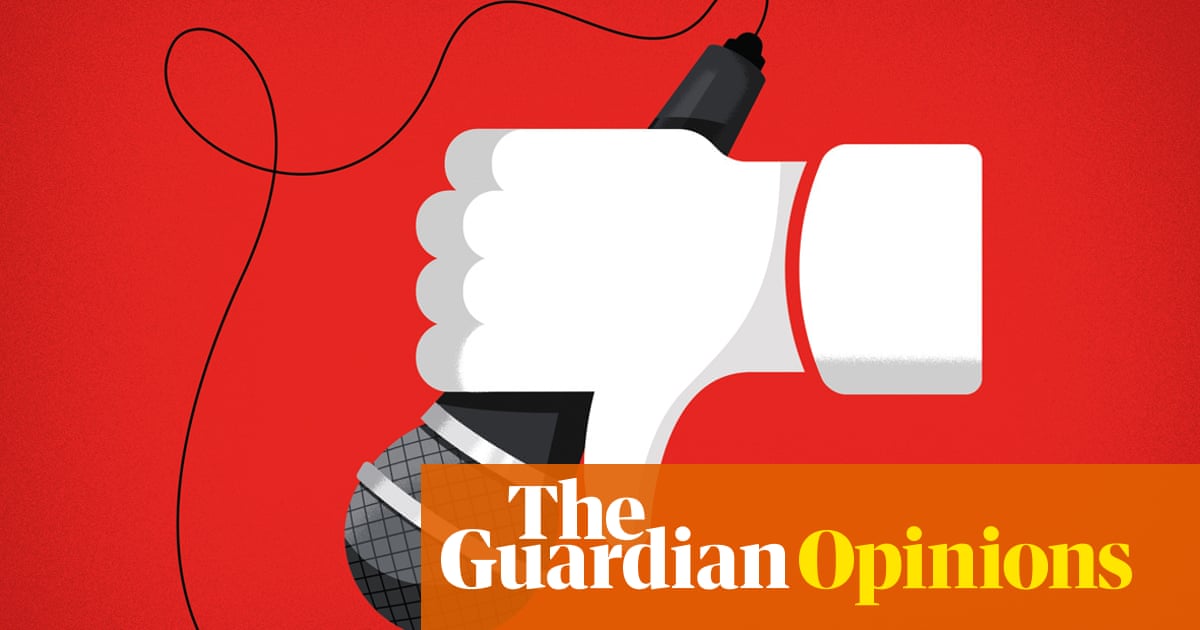The International Court of Justice (ICJ) is due to begin hearings in a landmark climate change case on Monday, examining what countries worldwide are legally required to do to combat climate change and help vulnerable nations fight its devastating impact.
After years of lobbying by island nations, the UN General Assembly asked the ICJ last year for an opinion on “the obligations of States in respect of climate change.”
Lawyers and representatives from more than 100 countries and organisations will make submissions before the ICJ in The Hague.
The unprecedented hearings are aimed at finding a blueprint for how countries should protect the environment from damaging greenhouse gases, and what the consequences are if they do not. While the advisory opinions of the ICJ are non-binding, they are legally and politically significant.
Vanuatu will be the first to present arguments in the hearings, which run until 13 December. The opinion will be delivered in 2025. The campaign began in classrooms in the Pacific in 2019, when a group of students pushed to bring the climate issue to the ICJ.
“Climate change for us is not a distant threat,” said Vishal Prasad, director of the Pacific Islands Students Fighting Climate Change group, which was instrumental in bringing the action to the ICJ.
“It is reshaping our lives right now. Our islands are at risk. Our communities face disruptive change at a rate and scale that generations before us have not known,” Prasad told journalists a few days before the hearings.
The hearings begin a week after Pacific and other developing nations denounced as woefully inadequate an agreement reached at the Cop29 summit for countries to provide $300bn in annual climate finance by 2035 to help poorer nations cope with climate change.
Pacific climate activists who represent their communities say that time and time again, the outcomes at Cop summits fail to meet the scale of the crisis. This year, Papua New Guinea took the rare step of withdrawing from high-level talks at Cop29, describing the gatherings as a “total waste of time”.
Dylan Kava, regional facilitator at the Pacific Island Climate Action network, described the climate finance plan delivered at Cop29 as an “empty gesture” that failed to address the extent of the impact of climate harm on Pacific nations.
“We represent communities where every fraction of a degree of warming translates to real losses: homes swallowed by the sea, crops destroyed by salinity, and cultures at risk of extinction,” Kava said.
“Pacific nations are left grappling with escalating costs of adaptation and recovery, often relying on meagre resources and the resilience of our people,” he said.
Papua New Guinea is among the Pacific nations taking part in the ICJ hearings, and will present its submission on 6 December. Attorney general and minister of justice, Pila Niningi said that Papua New Guinea will give voice to the challenges faced by Pacific island nations facing the direct impact of rising sea levels and shifting weather patterns.
“The ICJ’s advisory opinion will help clarify the legal responsibilities of states in combating climate change, offering guidance and on their obligations under international law, including human rights and environmental treaties,” he said in a statement.
Associated Press, Reuters and AFP contributed to this report

.png) 1 month ago
4
1 month ago
4













































